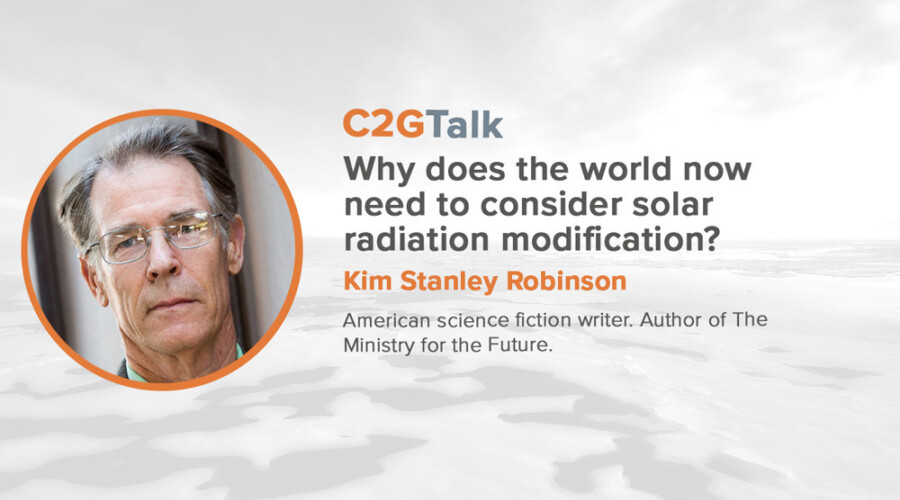This online conversation between Matthew Taylor, RSA Chief Executive, and Joel Rosenthal, Carnegie Council President, is part of a joint project on the ethics of climate change with the RSA in London and Carnegie Council.
For the other exchanges in this conversation, please click on the links in the right sidebar.
Dear Matthew,
I salute the RSA for taking up this urgent issue. The case in favor of limiting carbon emissions in light of threats to the natural environment and public health is, by now, overwhelming. While Al Gore's book and movie An Inconvenient Truth may put an exclamation point on this observation for the benefit of wide audiences and popular culture, the arguments have been well rehearsed for many years now. I agree that it is well past time for action.
So the question is, what guidance do we have for action? Philosophers give us three distinct moral principles to animate our work: stewardship, intergenerational justice, and distributive justice. Stewardship rests on the idea that man's relationship to the natural world is not one of ownership but rather interdependence. On a planet of 6 billion people, it is self-evident that resources are finite. Here in the United States, the population has risen from less than 200 million to more than 300 million just in my lifetime. Stewardship implies special care for non-renewable resources and respect for common goods.
Most of us learned as children that when we leave a place that we have visited, the place should be in as good a condition, if not a bit better, than we found it when we arrived. The principle of intergenerational justice means that we owe our heirs not only a livable planet, but also as much of the richness and diversity as we have enjoyed.
Things get more complicated when we speak about distributive justice. Distributive justice raises the question of benefits and burdens. Who pays for the burden of clean up, or the added cost of mandating "clean" technologies, especially in developing countries? Why should India or China be required to develop according to "green" standards while the U.S. and Europe most definitely did not?
Political scientists address this issue in the language of self-interests and collective action. Addressing climate change is at some level a common interest. Yet the effects of climate change will not be uniform and political units will calculate the threat in different ways. Thinking in terms of individual responsibility and the liability of specific actors is insufficient. As you point out, we need to think in terms of social connection as well.
The environment is not a distinct entity "out there"—rather, it is embedded in economic patterns (jobs) and lifestyles (consumer choices). Climate change is actually one big collective action problem. As you suggest, perhaps the best strategy is a two-pronged approach. Incentives and disincentives need to be devised to affect individual choice. Simultaneously, social structures and institutions need to evolve so that individuals acting rationally within them will promote positive change. Think small and scale up. Think big and imagine new social arrangements.
History is full of positive examples. After the industrial revolution and the environmental crises it caused, traditions of preservation and conservation emerged. Progressive reform also emerged, marrying the innovations of science and technology to better government, environmental protection, and improved lives. Sanitation, parks, protecting of ecological resources—all came about as a result of raised consciousness followed by political action.
We inherit the successes of the ecology movement of the 1960s and '70s. The achievement of that generation was astounding in its influence and reach. These successes are now a generation old. What is the post-cold war, globalization generation doing? Is it measuring up to its historic responsibilities? I fear not. But with RSA and other like-minded groups entering the arena, I have hope.
Sincerely,
Joel H. Rosenthal



